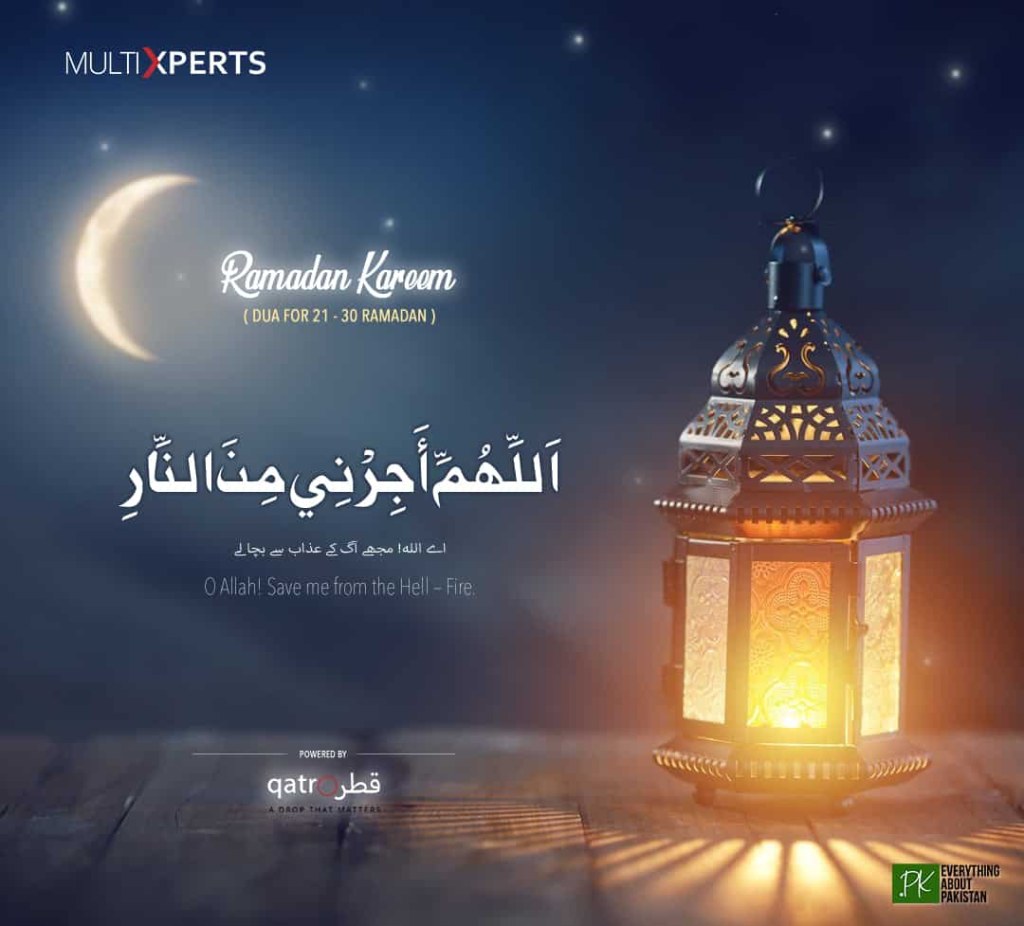Unlock The Power Of Ramadan 3rd Ashra Dua: Experience Spiritual Growth Like Never Before!
Ramadan 3rd Ashra Dua: Seeking Blessings in the Last Ten Days
Introduction
Assalamualaikum, Ramadhan enthusiasts! As we enter the final stretch of the holy month, we find ourselves in the third Ashra, which is a time of intense reflection, supplication, and seeking forgiveness from Allah. One of the most significant aspects of this period is the recitation of special duas (prayers) that hold immense spiritual significance. In this article, we will explore the importance of the Ramadan 3rd Ashra dua and how it can bring us closer to Allah.
1 Picture Gallery: Unlock The Power Of Ramadan 3rd Ashra Dua: Experience Spiritual Growth Like Never Before!

Table: Ramadan 3rd Ashra Dua
Dua Name
Translation
Transliteration
Dua for Seeking Forgiveness
O Allah, You are Forgiving and love forgiveness, so forgive me.
Allahumma innaka ‘afuwwun tuhibbul ‘afwa fa’fu ‘annee.

Image Source: inpk.xyz
Dua for Protection
O Allah, protect me from the Hellfire.
Allahumma ajirnee minan naar.
Dua for Mercy
O Allah, shower Your mercy upon me.
Allahumma inni as’aluka rahmataka.
What is Ramadan 3rd Ashra Dua?
During the last ten days of Ramadan, Muslims engage in heightened devotion and spiritual reflection. The Ramadan 3rd Ashra dua refers to the specific prayers that are recited during this period. These duas encompass seeking forgiveness, protection, and mercy from Allah. By reciting these duas with sincerity and devotion, Muslims aim to draw closer to Allah and attain His blessings.
Who Should Recite Ramadan 3rd Ashra Dua?
The Ramadan 3rd Ashra dua is for every Muslim who seeks Allah’s forgiveness, protection, and mercy. It is a time when believers reflect on their actions throughout the year and supplicate to Allah for His forgiveness and guidance. Regardless of age, gender, or nationality, every sincere Muslim can recite these duas and benefit from their immense spiritual value.
When Should Ramadan 3rd Ashra Dua be Recited?
The Ramadan 3rd Ashra dua should be recited throughout the last ten days of Ramadan, with a special emphasis on the odd nights. According to Islamic tradition, the Night of Power (Laylat al-Qadr) falls within this Ashra, making it an especially blessed time for seeking forgiveness and engaging in worship. Muslims are encouraged to increase their recitation of these duas during these nights.
Where Should Ramadan 3rd Ashra Dua be Recited?
The Ramadan 3rd Ashra dua can be recited anywhere, as long as one is in a state of purity. Whether at home, in the mosque, or any place of worship, Muslims can engage in supplication and seek Allah’s forgiveness. It is recommended to find a quiet and secluded spot where one can concentrate and fully immerse themselves in the spiritual experience.
Why Recite Ramadan 3rd Ashra Dua?
The recitation of Ramadan 3rd Ashra dua holds great significance for believers. It allows Muslims to seek forgiveness for their past sins, protection from the Hellfire, and the mercy of Allah. By engaging in these prayers, Muslims acknowledge their shortcomings, express their dependence on Allah, and strive to improve themselves spiritually. These duas serve as a means of purification and a source of hope and solace during these sacred days.
How to Recite Ramadan 3rd Ashra Dua?
To recite the Ramadan 3rd Ashra dua, one should start by seeking refuge in Allah from the whispers of Satan. Then, with a humble heart, the believer should supplicate to Allah, addressing Him by His beautiful names and seeking His forgiveness, protection, and mercy. It is important to recite these duas with sincerity, presence of mind, and understanding of their meanings. The more one engages in these prayers, the deeper their connection with Allah becomes.
Advantages and Disadvantages of Ramadan 3rd Ashra Dua
Advantages:
1️⃣ Increased spirituality and connection with Allah.
2️⃣ Seeking forgiveness and purification of the soul.
3️⃣ Protection from Hellfire and its torments.
4️⃣ Attainment of Allah’s mercy and blessings.
5️⃣ Opportunity for self-reflection and self-improvement.
Disadvantages:
1️⃣ Lack of sincerity and mindfulness in recitation.
2️⃣ Distractions and lack of focus during supplication.
3️⃣ Neglecting to implement the lessons learned during this Ashra.
4️⃣ Missing out on the immense spiritual rewards of these duas.
5️⃣ Inconsistency and irregularity in recitation.
Frequently Asked Questions (FAQs)
Q: Can non-Muslims recite the Ramadan 3rd Ashra dua?
A: The Ramadan 3rd Ashra dua is primarily meant for Muslims, but non-Muslims are welcome to engage in supplication and seeking forgiveness in their own way.
Q: Can I recite the Ramadan 3rd Ashra dua in my own language?
A: While it is recommended to recite the duas in Arabic, non-Arabic speakers can recite them in their native language with a proper understanding of the meaning.
Q: How many times should I recite the Ramadan 3rd Ashra dua?
A: There is no specific number of times to recite the duas. The focus should be on quality rather than quantity, reciting them with sincerity and devotion.
Q: Can I recite the Ramadan 3rd Ashra dua on behalf of someone else?
A: Yes, you can supplicate for the forgiveness, protection, and mercy of others by reciting the Ramadan 3rd Ashra dua on their behalf.
Q: What should I do if I miss the odd nights of Ramadan?
A: If you miss the odd nights of Ramadan, you can continue reciting the Ramadan 3rd Ashra dua throughout the remaining days and seek blessings from Allah.
Conclusion
As we conclude this article, let us remember the importance of the Ramadan 3rd Ashra dua in our spiritual journey. Through seeking forgiveness, protection, and mercy, we embark on a path of self-reflection, growth, and closeness to Allah. Let us make the most of these blessed days, supplicating with sincerity and devotion, and striving to implement the lessons learned. May Allah accept our prayers and grant us His eternal blessings. Ramadan Mubarak!
Final Remarks
Disclaimer: The information provided in this article is for educational purposes only and should not be considered as a substitute for religious guidance. It is always recommended to consult a knowledgeable scholar or religious authority for specific rulings and interpretations. May Allah guide us all on the righteous path.
This post topic: Ramadhan

